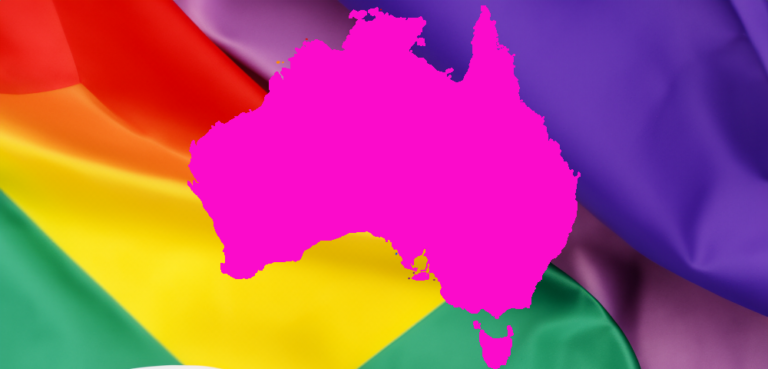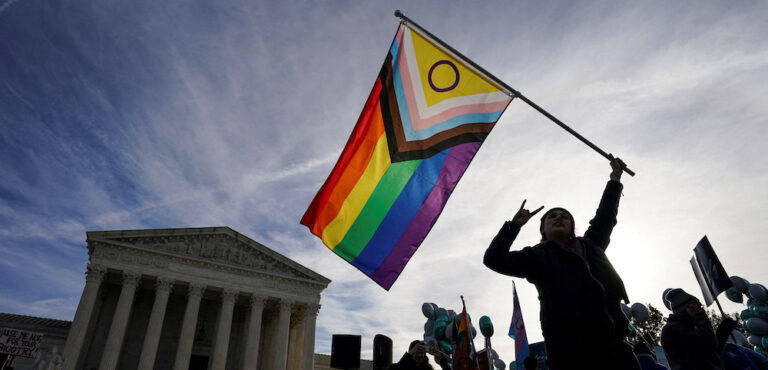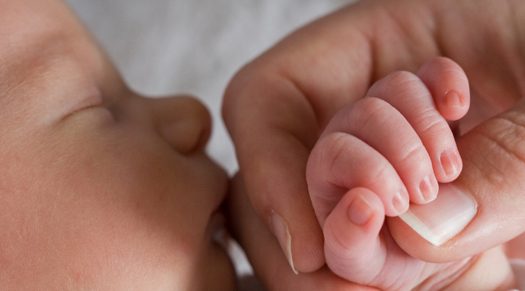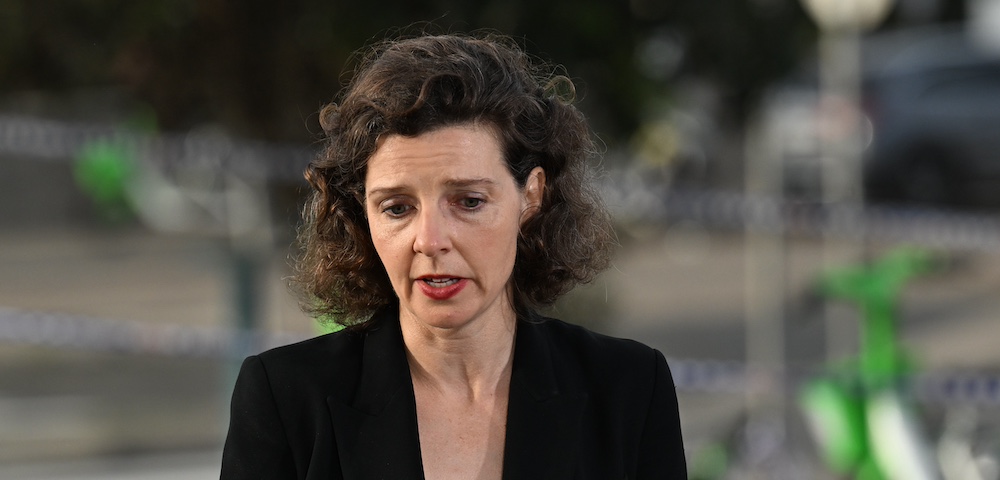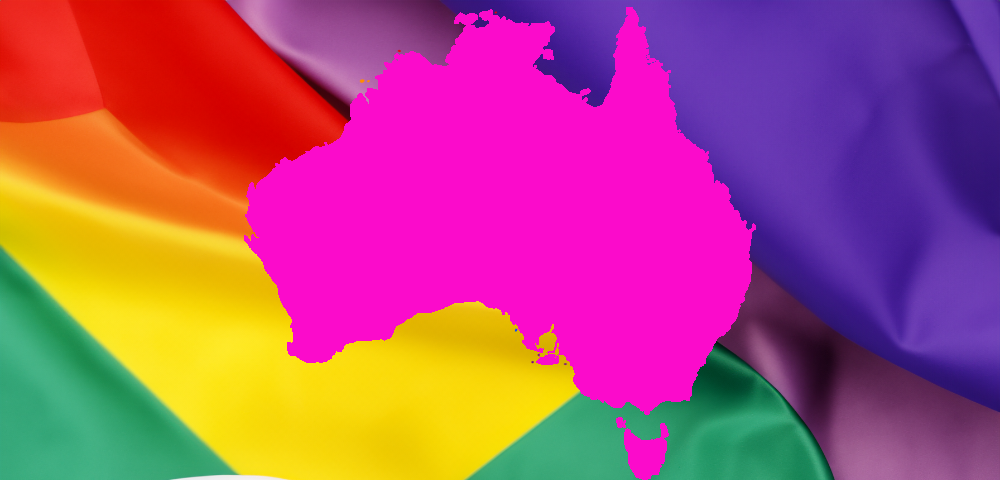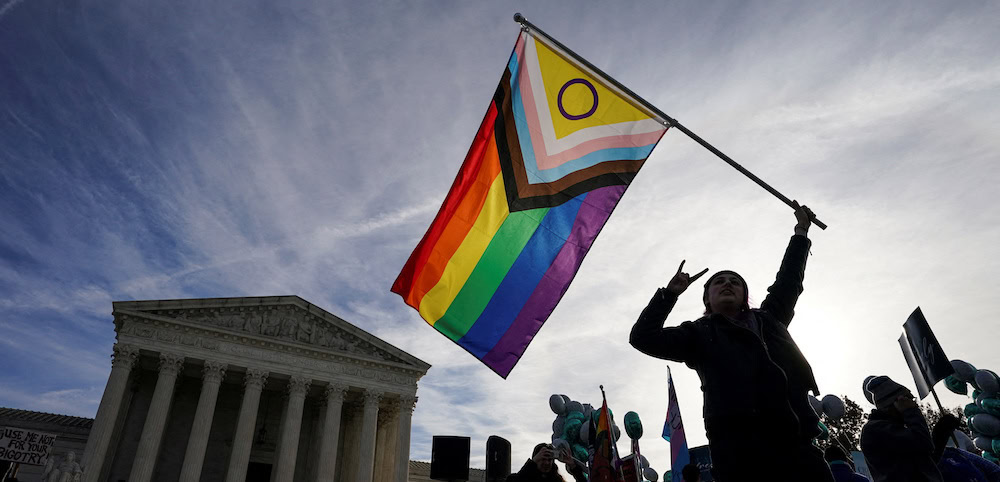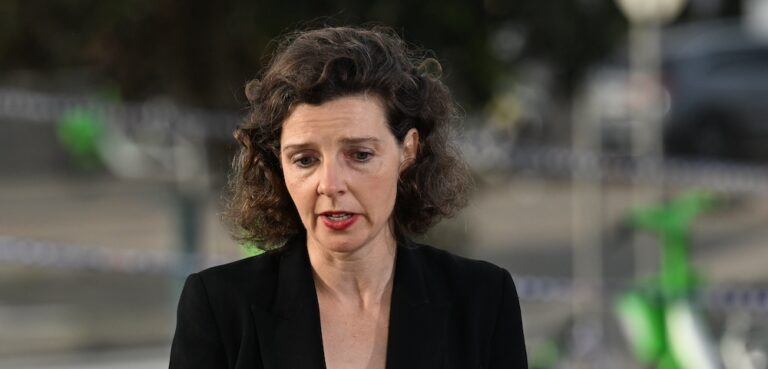
Mobile billboard protesting Australia’s treatment of gay refugees to tour Parliament House
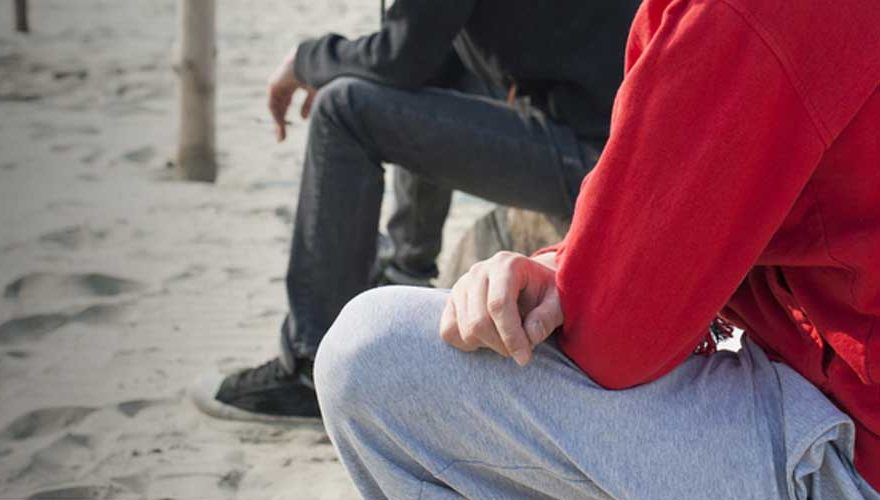
A GIANT mobile billboard will circle Parliament House tomorrow morning bearing the slogan “Bring Them Here”.
The billboard was crowdfunded by members of international LGBTI rights group All Out, and is designed to bring attention to the plight of Nima and Ashkan*, two gay Iranian refugees detained on Nauru.
Homosexuality is illegal on Nauru and is punishable by up to 14 years of hard labour.
The action comes after over 30,000 people signed a petition urging Prime Minister Malcolm Turnbull to settle the couple in Australia and reform the country’s asylum seeker policy.
The Human Rights Law Centre (HRLC) partnered with All Out to launch the petition after requests to the Federal Government to resettle the men were ignored.
“It’s time for Prime Minister Turnbull to speak up and step up,” All Out executive director Matt Beard said in a statement.
“Nima and Ashkan should be brought to Australia where they can finally live and love openly.”
The couple sought asylum in Australia but were instead detained on Nauru, where they have experienced homophobic attacks on the street.
According to the HRLC, the pair have been hit with sticks and had stones thrown at them.
“This has become unbearable and we are going mad,” Nima said in a statement from All Out.
“We can’t see any future for ourselves here.”
HRLC’s advocacy and litigation director Anna Brown said: “The Australian Government knowingly and deliberately allows gay men to be warehoused on tiny islands where they face assaults, prejudice and extremely harsh criminal penalties.
“This couple just want a home where they can be safe together and rebuild their lives.”
Australian Human Rights Commission president Professor Gillian Triggs last month called upon LGBTI Australians to do more to support rainbow asylum seekers at a Queer Thinking forum during the Mardi Gras festival.
“I wonder if the LGBT community themselves can start to widen and build upon that public education and sympathy for LGBTI causes,” Triggs said.
“Asylum seekers who are LGBTI/queer suffer very particular disadvantages when making legal claims for protection.”
“They’re subject to decision makers who are very poorly trained in LGBTI issues, they tend to operate on a stereotypical basis.
“We need to be demanding the government exercise a proper process for determining LGBTI status, above all else.”
*Names have been changed.


